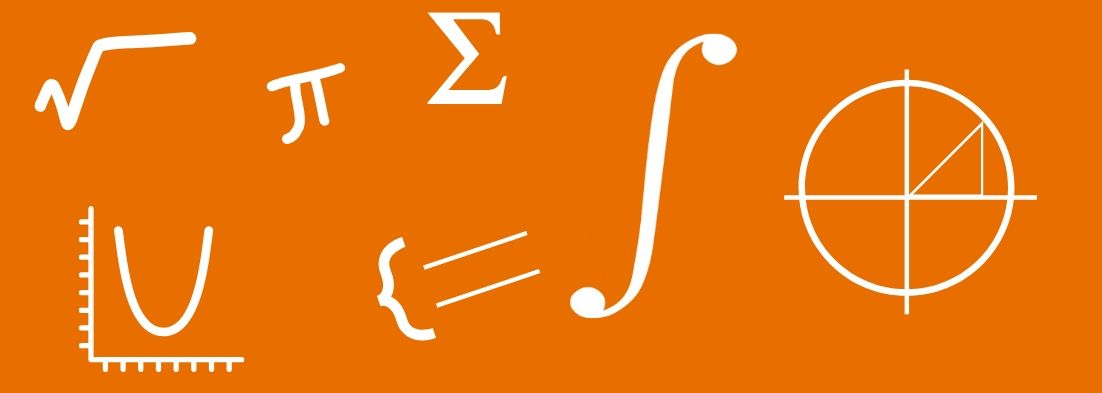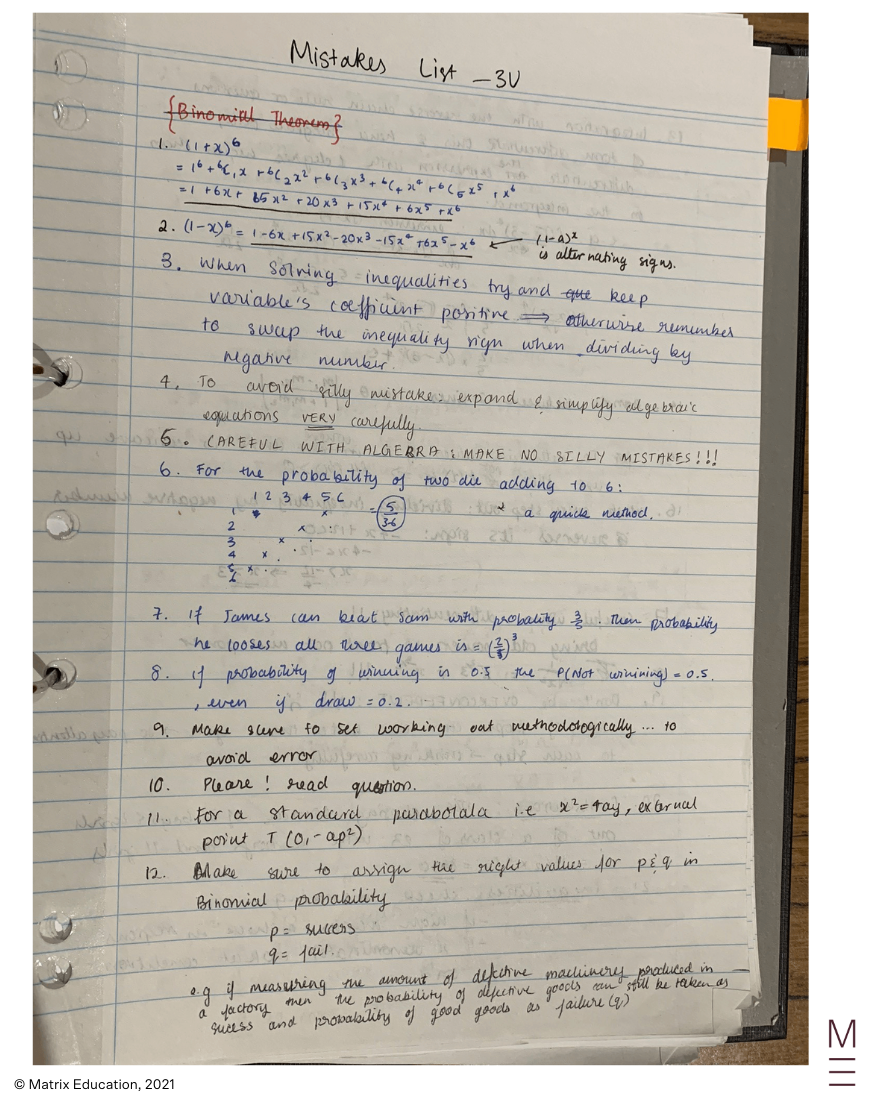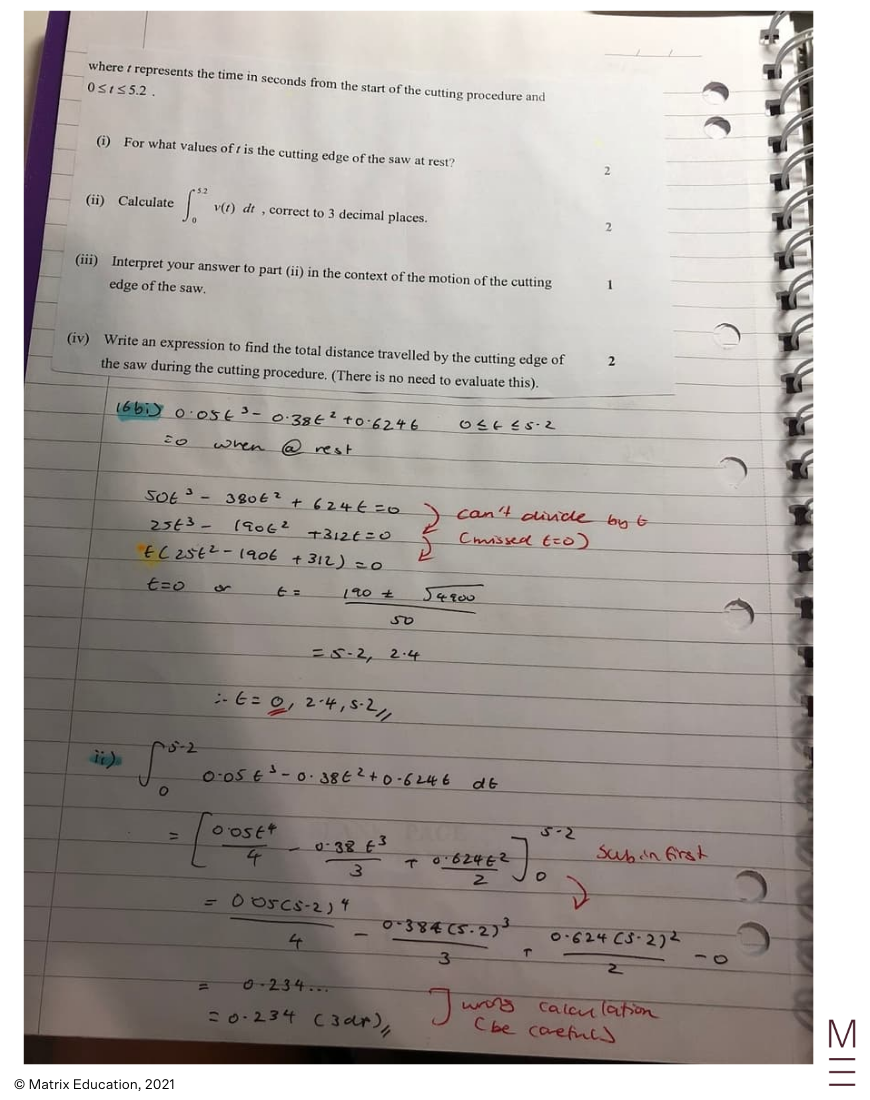Welcome to Matrix Education
To ensure we are showing you the most relevant content, please select your location below.
Select a year to see courses
Learn online or on-campus during the term or school holidays
Learn online or on-campus during the term or school holidays
Learn online or on-campus during the term or school holidays
Learn online or on-campus during the term or school holidays
Learn online or on-campus during the term or school holidays
Learn online or on-campus during the term or school holidays
Learn online or on-campus during the term or school holidays
Get HSC Trial exam ready in just a week
Get HSC exam ready in just a week
Select a year to see available courses
Science guides to help you get ahead
Science guides to help you get ahead

Confused about all the new changes in the HSC Syllabus? Trying to wrap your head around all the difficult concepts explored? Well, you’ve come to the right place! This Beginner’s Guide to Year 12 Maths Advanced will break down these tricky concepts and create clarity around all the grey areas!
Now that the new syllabus for the HSC has commenced, it’s essential that students build on their foundational knowledge from Years 7-10 and grow that knowledge moving forwards in Year 12. Now you are in Year 12, you will draw upon this past knowledge..
This Guide identifies the skills required to develop mastery over the Year 12 Maths Advanced HSC content, whilst also breaking down each concept into clear and concise theory.
Our purpose for writing this guide is to create clarity around the new syllabus changes surrounding the Year 12 Mathematics Advanced topic and help students prepare for their Trial HSC and HSC exams.
2020 is the first year which contains the new syllabus materials and content. Our goal in this article is to create clarity around the new areas of the new syllabus topics like Statistics and to curate challenging questions which will help prepare you for the HSC.
Ultimately, your goal is to perform well in the HSC. So, this article will have information which will adequately equip you to prepare for the HSC.
We examine the concepts behind the questions rather than pure calculations as we believe this will be beneficial to understanding mathematics rather than just a list of steps. This is the philosophy behind our Matrix method for Maths.
| The Matrix Method for Maths is our proven process to ensure you develop knowledge and skills. | ||
| Step | Matrix Method | |
| 1 | Theory | Developing a thorough understanding of concepts is the first step to mastering Maths. Learn from Matrix Theory Books that are carefully structured to help you understand even the most complex stuff! |
| 2 | Application | Memorising formulas will only get you so far. Consolidate your understanding by learning how to apply concepts and techniques to solve problems. |
| 3 | Examples | Work through examples that will actually be in your exam. You’ll learn how to present your solution for maximum marks in exams. |
| EXAM SKILLS (50% OF COURSE TIME) | ||
| 4 | Concept Checks | Learn the most efficient problem-solving techniques with different types of exam-style questions. |
| 5 | Workbook | Practice sharpening your skills with hundreds of exam-style questions. It’s important to keep practising as this is the only way to find the right balance between speed and accuracy. |
| 6 | Quiz and Feedback | Weekly quizzes and feedback provide you with opportunities to identify your gaps and address them ASAP. |
| 7 | Topic Test | Working under exam conditions will boost your confidence for the real thing. Learn from your mistakes and fill your gaps so you are continually improving. |
In Year 12 Maths, students encounter the following Mathematical weaknesses:
For example: Find the solutions of \(x\) for the following quadratic equation:
\(y=x^2-6x-16\).
Students would struggle with this question as many are familiar with factorising but are unfamiliar with the other methods like completing the square or quadratic formula which need to be applied in order to successfully solve the question.
For example: Find the values of \(m\) for which the graph of the parabola \(y=x^2+5mx+m\) is always above the \(x\) – axis.
In this question, it’s important a student has a good conceptual understanding on the link between the discriminant and the parabola and solving quadratic inequalities. Without a good conceptual understanding, students would assume that “above the \(x\) – axis” translates to solving the discriminant greater than zero rather than below zero.
 |
Outside of exam conditions, you have the freedom to do this but within an exam, it would be unwise to simply skip a question. To combat this, keep a logbook of all questions you are unable to do, and make the time to figure out how to answer it
 |
Remember this is year 11. You have plenty of time to formulate new and healthy habits which will ensure fewer mistakes.
It’s your last chance to boost your skills and confidence. Revise all Maths Adv core topics with our HSC experts and practise your exam skills with our mock exam. Learn more about our Year 12 Maths Adv Course now!
Start HSC Maths confidently
Expert teachers, weekly quizzes, one-to-one help! Ace your next assessment with Matrix+ Online.
© Matrix Education and www.matrix.edu.au, 2025. Unauthorised use and/or duplication of this material without express and written permission from this site’s author and/or owner is strictly prohibited. Excerpts and links may be used, provided that full and clear credit is given to Matrix Education and www.matrix.edu.au with appropriate and specific direction to the original content.